
Summer Safety Tips
Summer is a season of fun and adventure, but it also brings unique safety challenges for kids. Dr. Brianna Label offers practical tips to help families stay safe all season long.

Nexplanon: A Guide for Teens and Parents
Nexplanon is a form of Long-Acting Reversible Contraception (LARC) offered at Allegro for birth control or to help manage painful periods. Learn how it works, its benefits, and potential side effects to help you and your teen make informed decisions together.
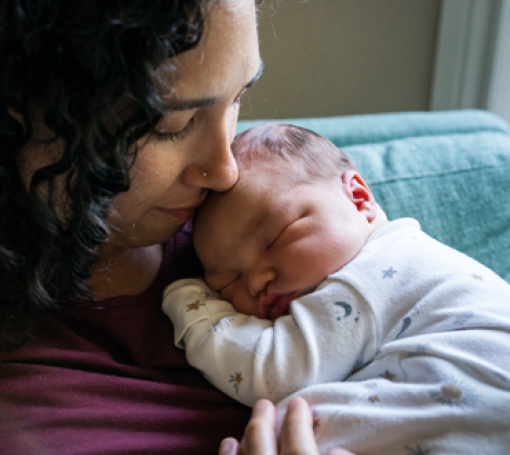
Newborn Screening
Newborn screening is a vital test that detects genetic and metabolic disorders early, helping prevent serious health issues. Learn why it’s essential for your baby’s health.

Helmet Safety for Kids: Protecting Young Minds and Futures
As parents, safety comes first. A properly fitted helmet is a simple way to protect your child from serious injuries. Learn how to choose the right one for maximum safety.
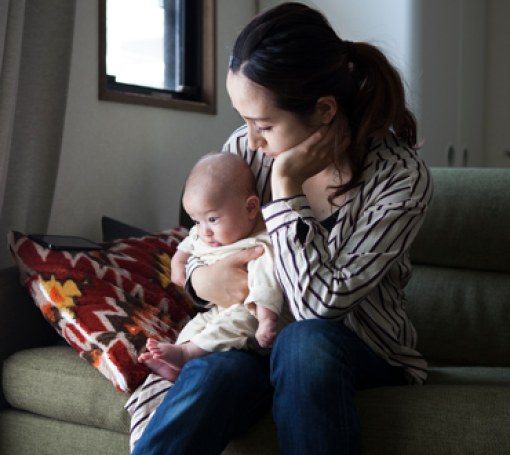
Postpartum Mental Health
Welcoming a new baby brings a mix of emotions. While some mood changes are normal, postpartum mood disorders can make this transition overwhelming. Learn the key signs to watch for and what to do if you or a loved one needs support.
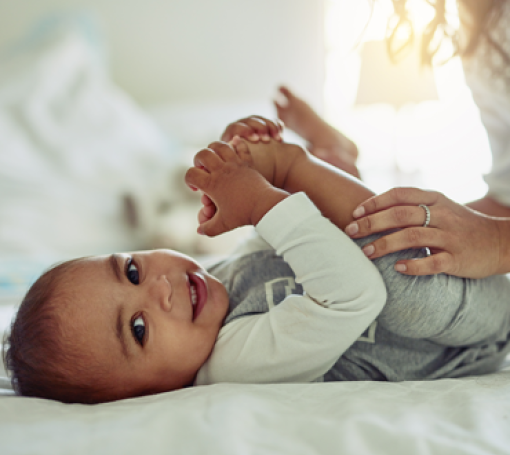
Baby's First Milestones
Watching your baby grow and change in the first year is exciting and sometimes overwhelming. Learn about key physical, social/emotional, and speech milestones to help you understand your baby’s development.
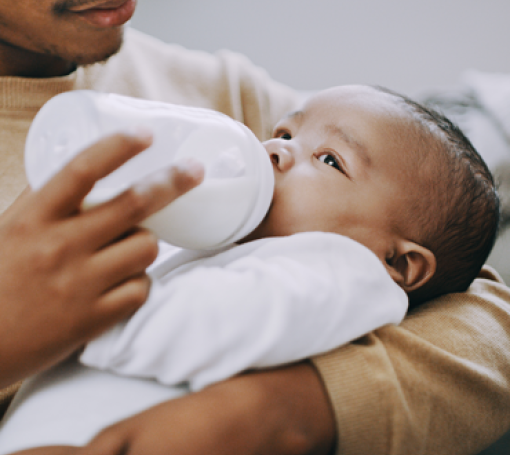
What to Know About Infant Formula
Choosing the right baby formula is important, and we’re here to help you understand the facts and keep your baby safe.

Positive Parenting Techniques
Positive parenting focuses on building a nurturing relationship to teach children important life skills like problem-solving, emotional regulation, and communication.
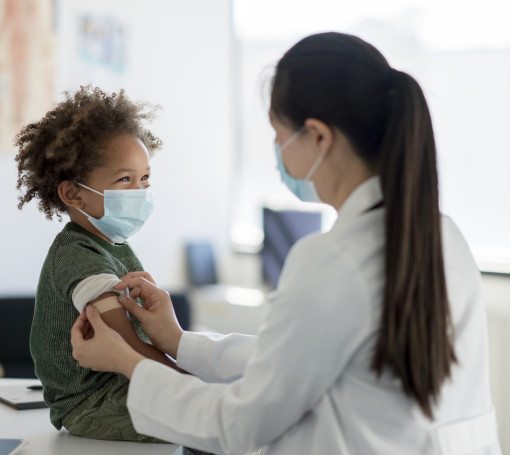
Measles FAQs
The MMR vaccine is a safe and effective way to protect against measles. Learn answers to commonly asked questions about measles.
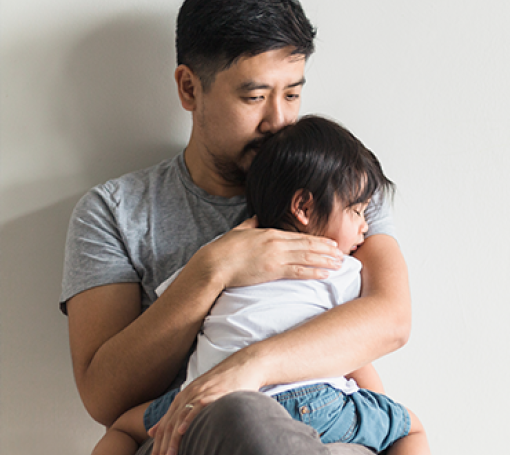
Vomiting & Diarrhea
Vomiting and diarrhea in children is typically caused by a virus affecting the stomach. Vomiting is the body's way of protecting the intestines from germs. Diarrhea is the body's way of getting rid of germs.
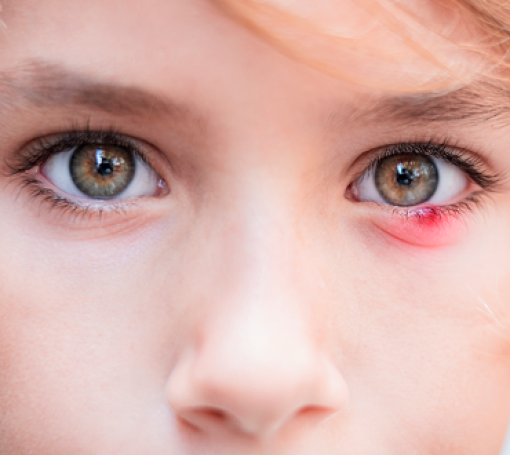
Sty & Chalazion
A sty is a red, painful bump on the eyelid caused by inflamed glands, while a chalazion is a typically painless lump resulting from a blocked oil gland. Learn how to ease discomfort, promote healing with home remedies, and recognize when medical attention is needed.
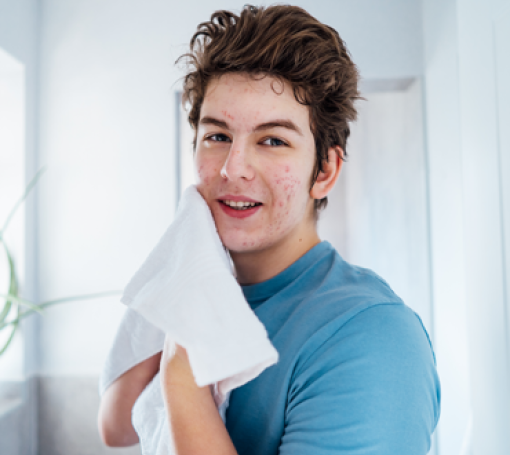
Acne (Pimples)
Acne happens when pores get clogged, leading to pimples, blackheads, or whiteheads on your face, neck, back, or chest. Learn what causes acne, how to treat it at home, and when to schedule an appointment with your teen’s pediatrician.
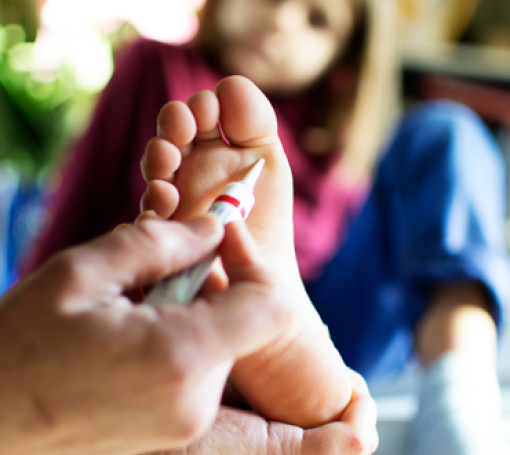
Warts
Warts are skin growths caused by a virus and can appear anywhere on the body, varying in appearance based on location. Learn more about warts in children and the available treatment options.

How to Help a Child Who is Fearful of Needles
Tips you can use to help a child who is anxious or fearful of blood draws and create a positive experience.


